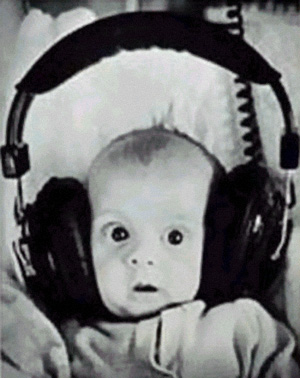Human hearing beats sound’s uncertainty limit, makes MP3s sound worse
Ars Technica » Scientific Method 2013-02-26
Modern audio compression algorithms rely on observations about auditory perceptions. For instance, we know that a low-frequency tone can render a higher tone inaudible. This perception is used to save space by removing the tones we expect will be inaudible. But our expectations are complicated by the physics of waves and our models of how human audio perception works.
This problem has been highlighted in a recent Physical Review Letter, in which researchers demonstrated the vast majority of humans can perceive certain aspects of sound far more accurately than allowed by a simple reading of the laws of physics. Given that many encoding algorithms start their compression with operations based on that simple physical understanding, the researchers believe it may be time to revisit audio compression.
Time and frequency: Two sides of the same coin
You'll notice I didn't say, "human hearing violates the laws of physics," even though it was very tempting. The truth is that nothing violates the laws of physics, though many things violate the simplified models we use to approximate them.
Read 10 remaining paragraphs | Comments
